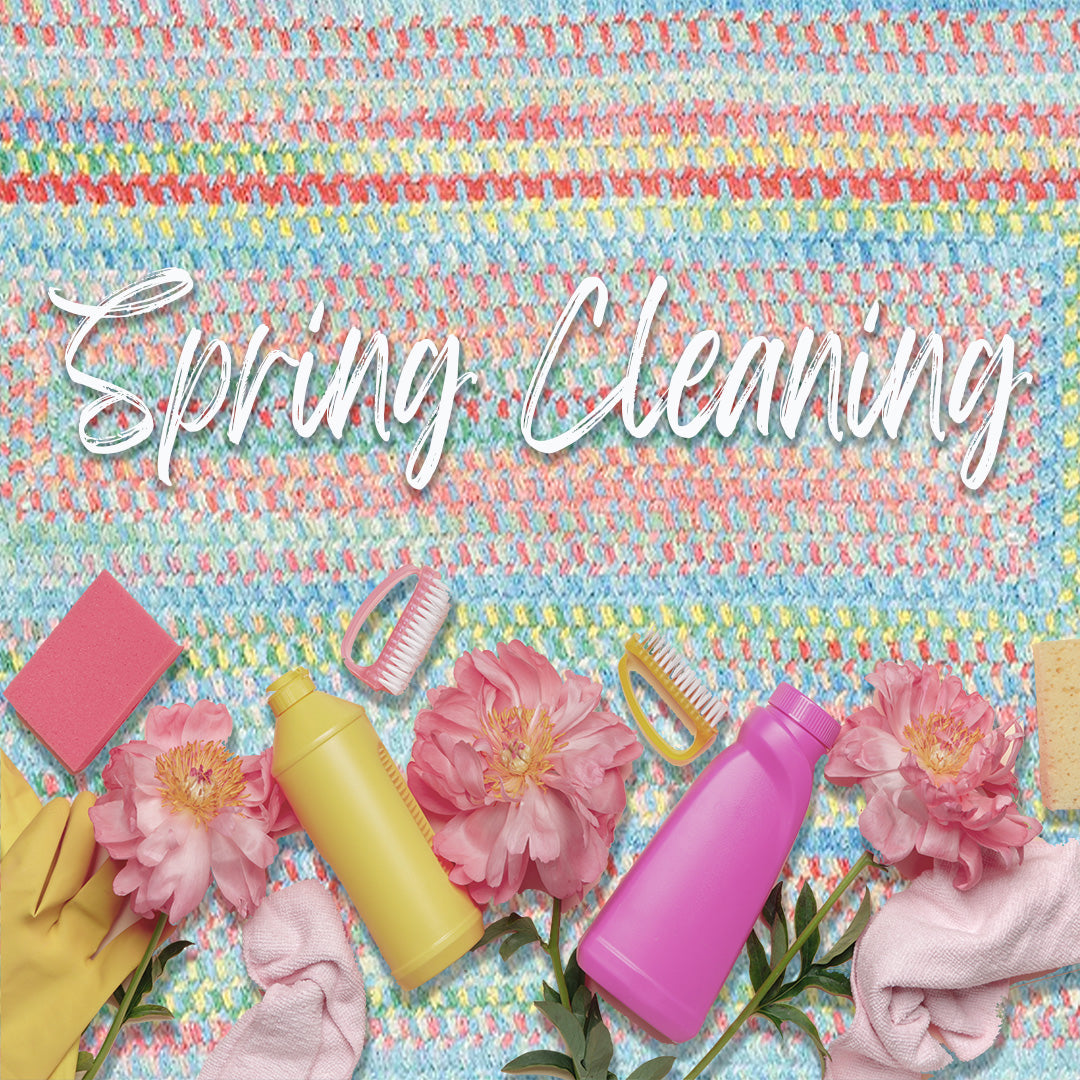
SPRING CLEANING - How to care for your Capel Rug!
Cleaning Guide

For proper methods of Spot Cleaning, please use the Guide below, furnished by the Carpet and Rug Institute.
SPOT CLEANING INSTRUCTIONS
|
||||||||||||||||||||||||||||||||||||||||||||||||||||||||||||||||||||||||||||||||||||||||||||||||||||||||||||||||||||

Vacuum regularly (do not use beater bar). Do not shake or beat the rug since this treatment could damage it. Clean spills immediately by blotting with a cloth or sponge. Remove any grease spots with ordinary dry cleaning solvents. To learn how to remove specific stains, view our cleaning guide.
Professional or "in home" periodic cleanings using the power spray-extraction carpet cleaning method are recommended. Allow to dry flat on the floor. Clean one side at a time and allow it to dry before reversing to clean the other side.
ALWAYS CHECK FOR COLORFASTNESS BEFORE CLEANING ANY RUG
Using a damp handkerchief, blot an area of the rug. If any dye comes off on the handkerchief, the dyes may run during cleaning.
CHOOSE YOUR PROFESSIONAL CLEANER CAREFULLY
• Make sure the cleaner can afford an insurance claim should something go wrong.
• Get a signed receipt for the work to be done and a guarantee, if possible, that it will be done.
• Inspect the rug with the cleaner. Note existing stains and damage before it is cleaned.
• Be sure your cleaner knows how to clean your particular type of rug. Cleaning a Kelim, hand knot or braid is a lot different from cleaning wall-to-wall carpet!

GENERAL CLEANING TIPS
As a general rule, the safest recommendation we offer regarding cleaning any type of rug is to have it done professionally using the steam extraction method.
The frequency of cleaning will vary according to the traffic a rug receives. Just like clothing, rug should not be cleaned either too often or too seldom. Caked on dirt is difficult to remove. Note that latex backed rugs (this includes almost all hand hooked rugs) must not be cleaned using petroleum based solvents. The solvents destroy the latex glue on the back of the rugs. The rug will lose its body and the pile will become loose when solvents are used for cleaning.
Reversible rugs should be turned over then around, like rotating a mattress. Once both sides are dirty, have both sides cleaned. Many customers claim that Scotch-guarding or applying a Teflon stain resistant product has helped their rugs stay cleaner, but be sure to apply it before the rug is used.

REMOVING INDENTATIONS CAUSED BY FURNITURE
Indentations or depressions in carpet and rugs are considered a normal occurrence and are not considered a manufacturing defect. The Carpet and Rug Institute, a non-profit trade association of the carpet and rug industry, recommends the following to restore the pile:
Depressions - The weight of heavy pieces of furniture can put indentations in carpet. Use furniture glides or cups under the legs of heavy pieces, or move your furniture a few inches backward or sideways so that the weight is not concentrated in one place. If depressions do occur, spritz the indentations with water in a spray bottle. Hold a hair dryer, set on medium, a few inches above the indentation. As the spot is drying use your fingers to gently work the pile upright and in the opposite direction
Capel recommends the above instructions except, instead of using your fingers to work the pile, try using an ordinary teaspoon from your kitchen to manipulate the pile to its upright position. Frequent vacuuming and rotating the placement of heavy furniture is always good advice and will contribute significantly to extending the beauty of any rug.
Think of the hair on your head. If you wake up from a night's sleep and your hair is all messed up and has lost its style from the previous day, you will not over-react and shave your head or hold your hairdresser responsible. You would probably realize the condition is resultant of pressure points on your hair and would probably either wash your hair or spritz it and then restyle. Rug fibers respond to pressure points and warm water similarly to human hair.


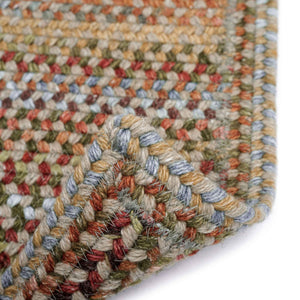
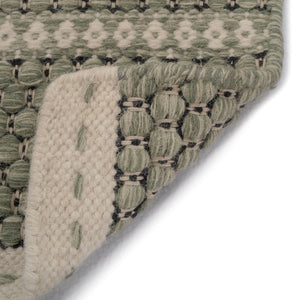
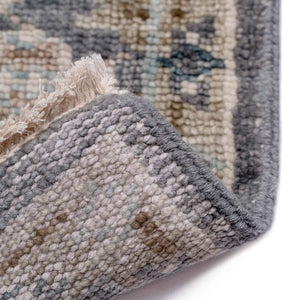
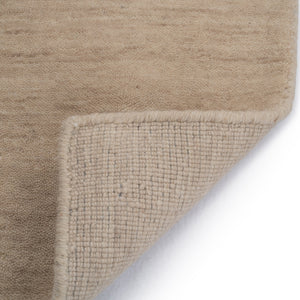

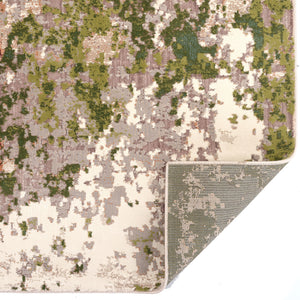
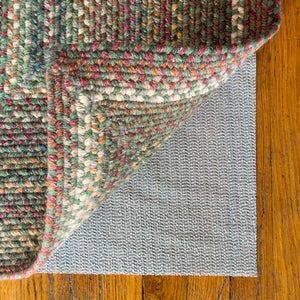
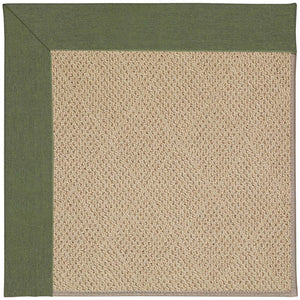
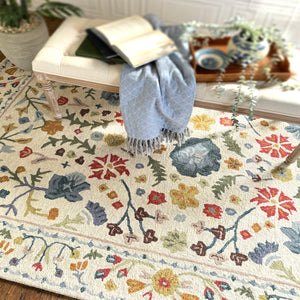

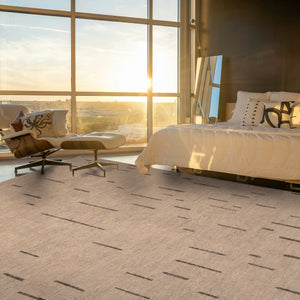
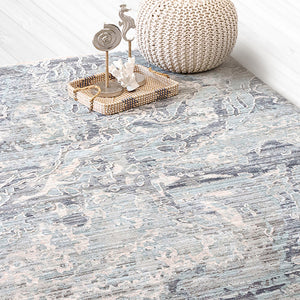
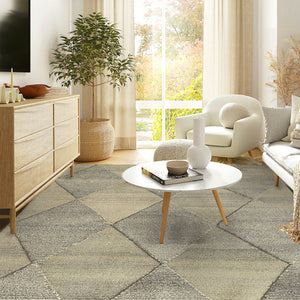
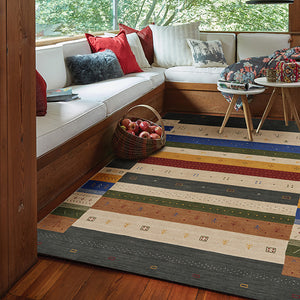
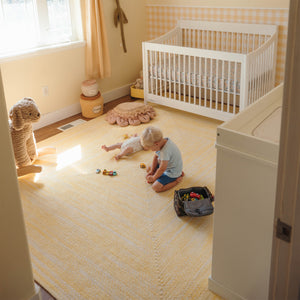

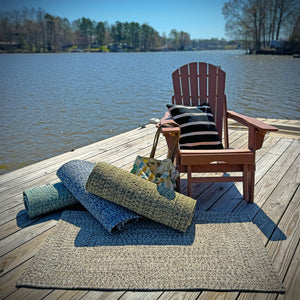
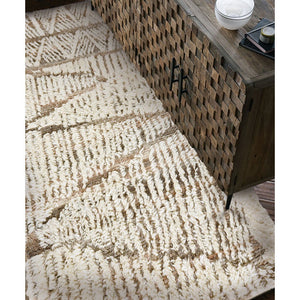
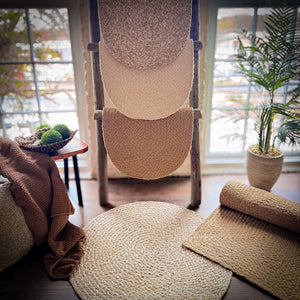
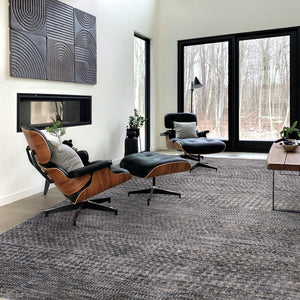
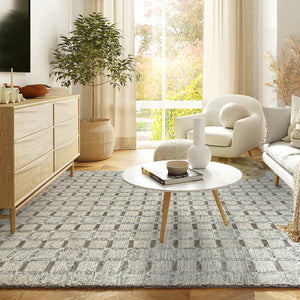
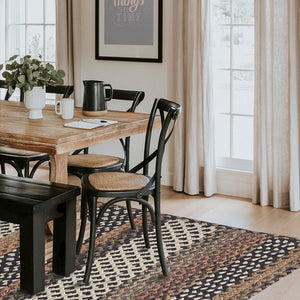
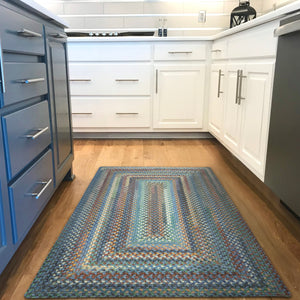
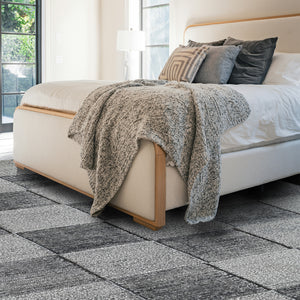
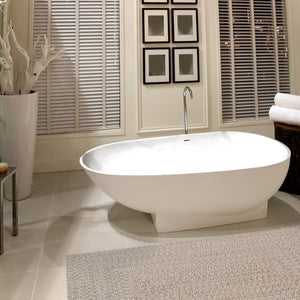
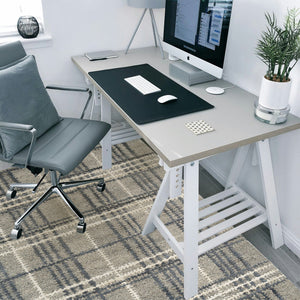


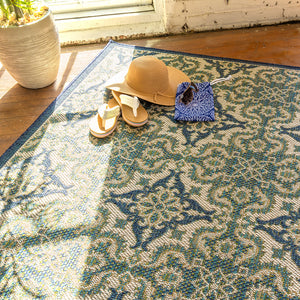
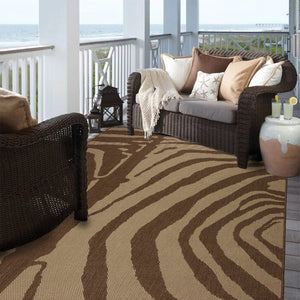
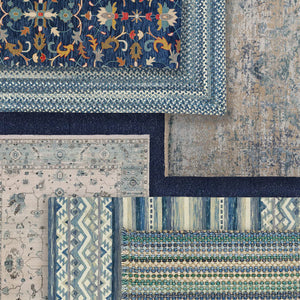
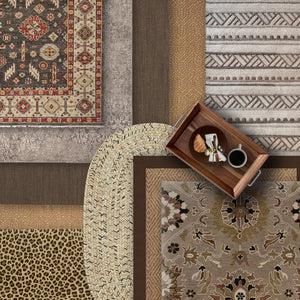
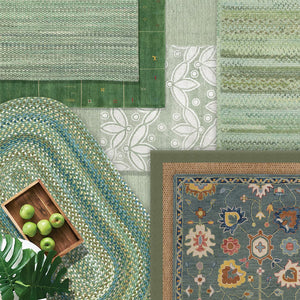
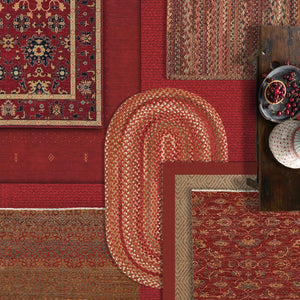
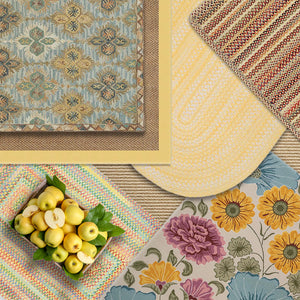
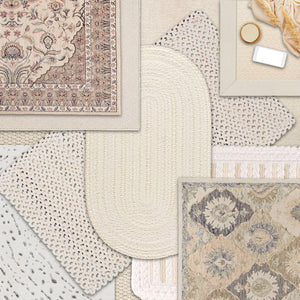
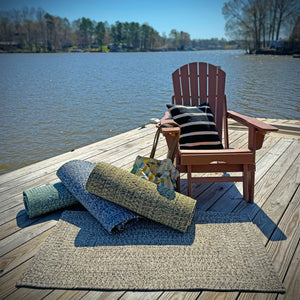
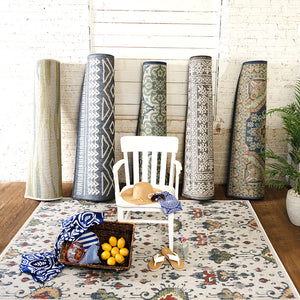
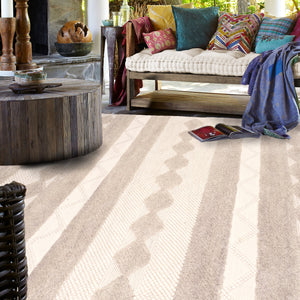
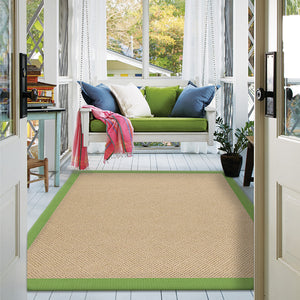


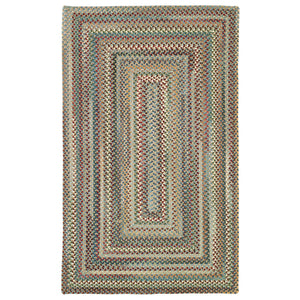
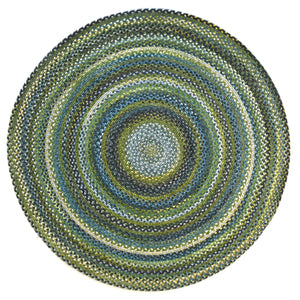
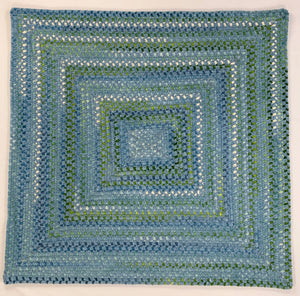
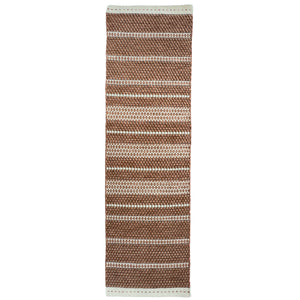

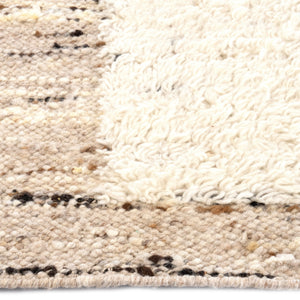

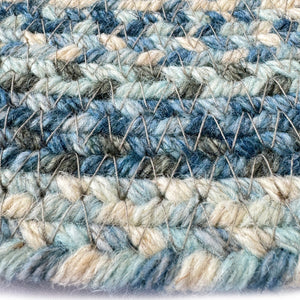
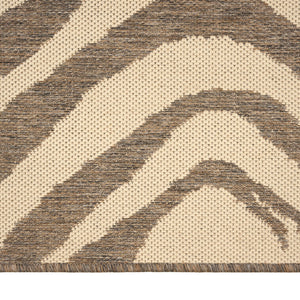
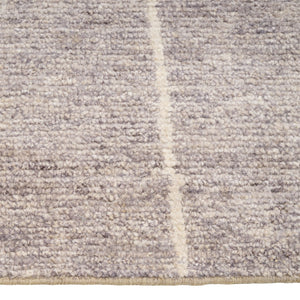
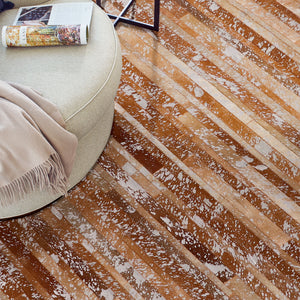
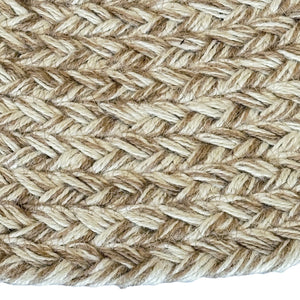

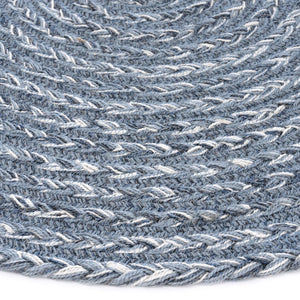

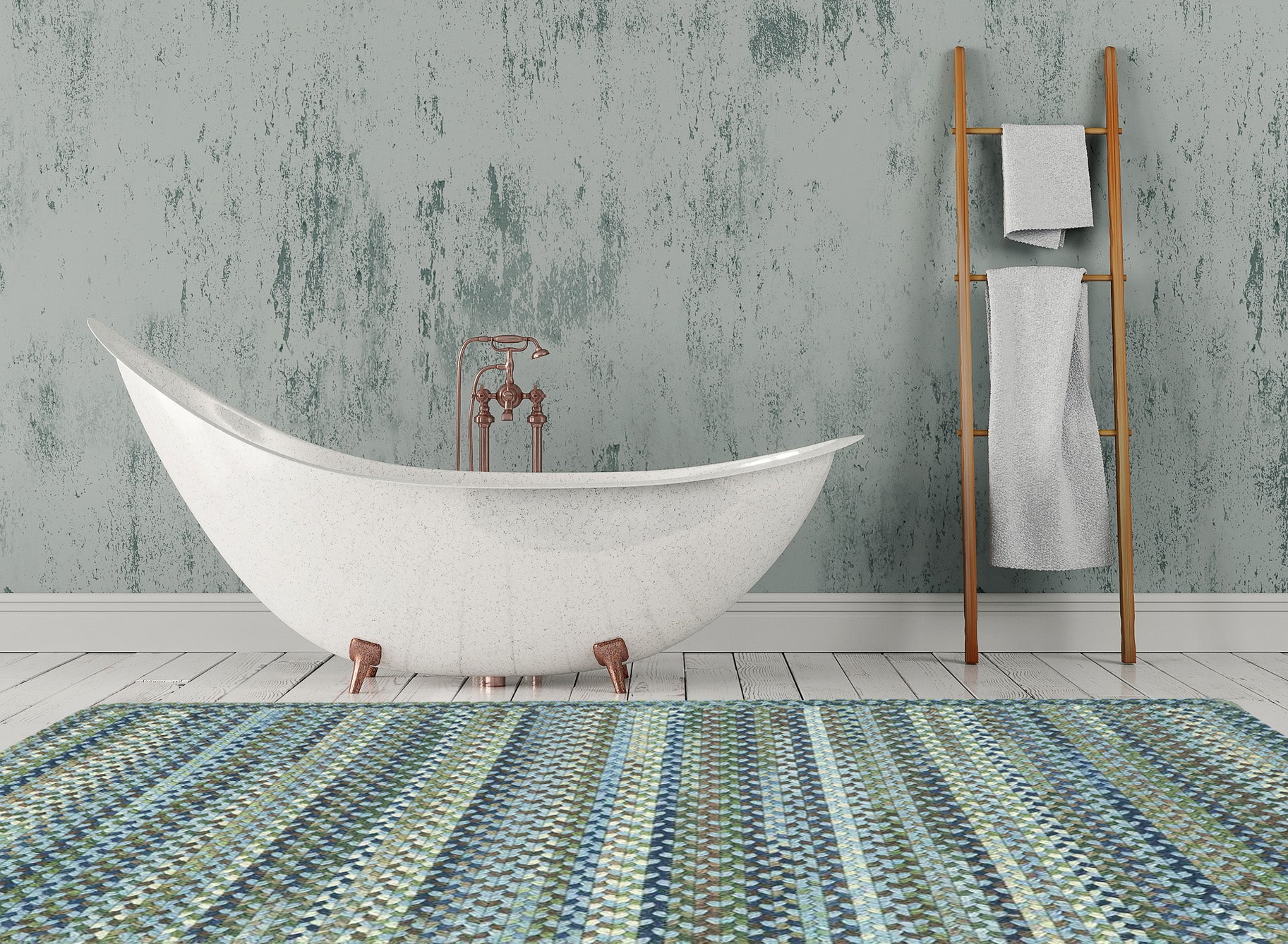

Leave a comment
This site is protected by hCaptcha and the hCaptcha Privacy Policy and Terms of Service apply.